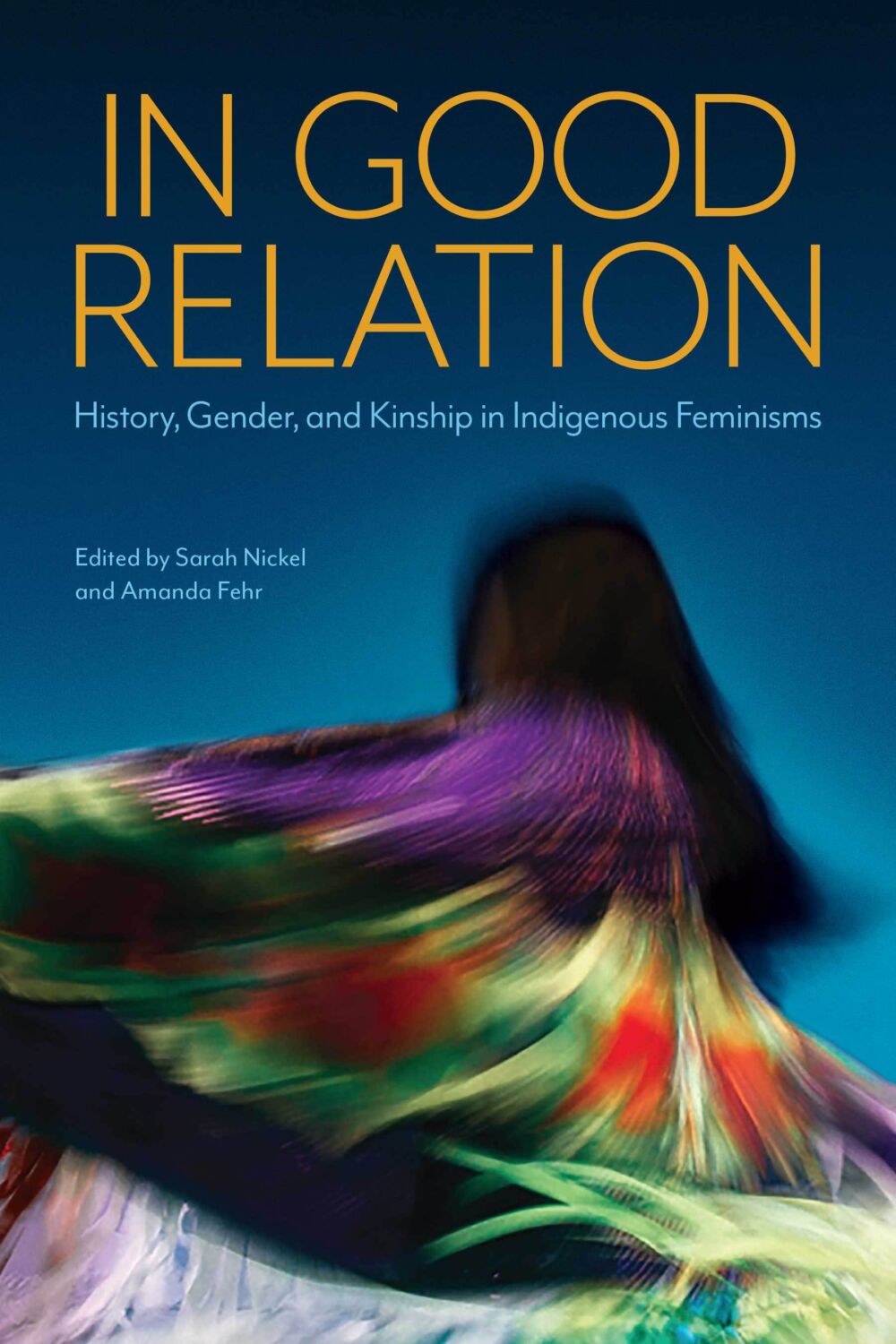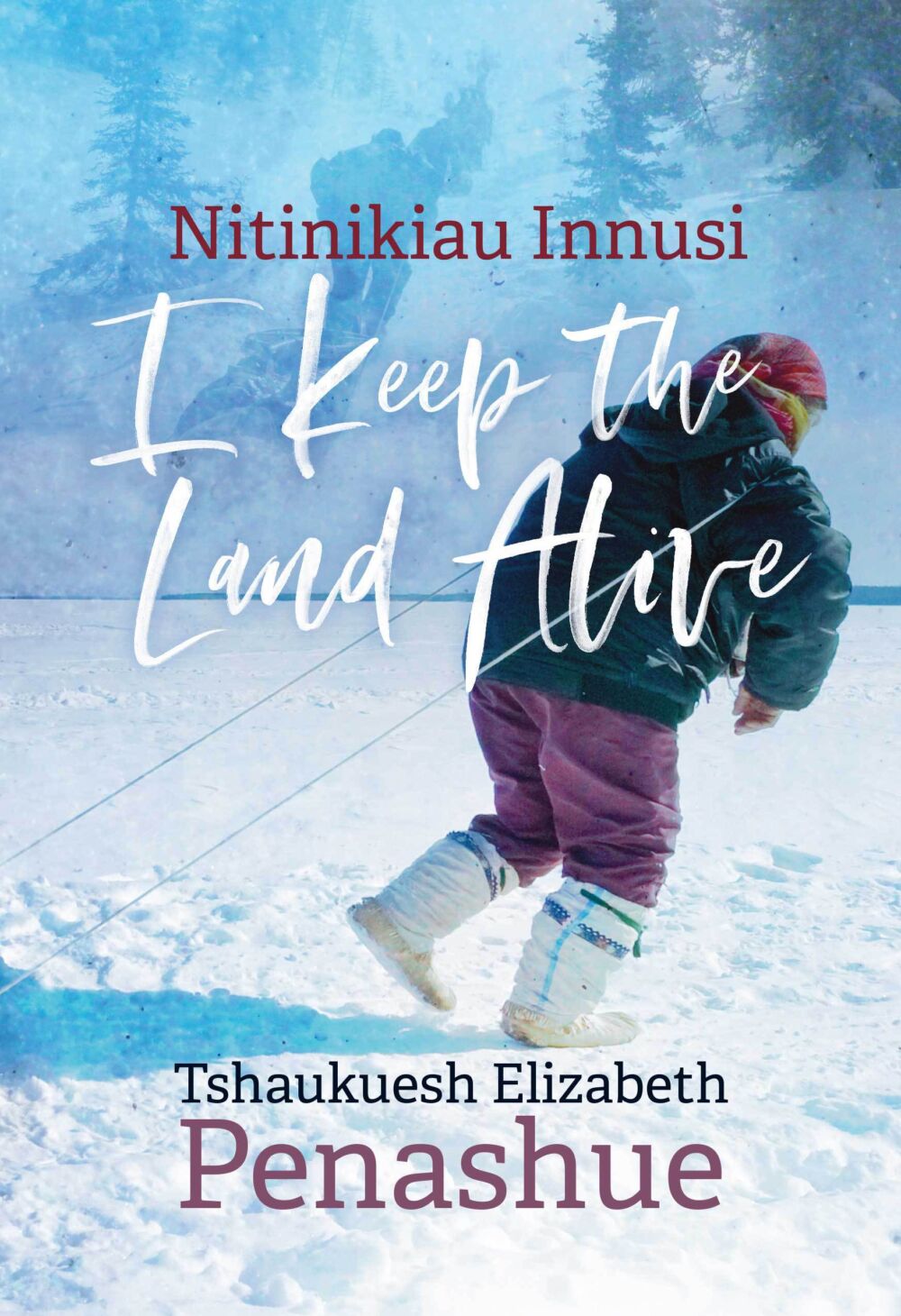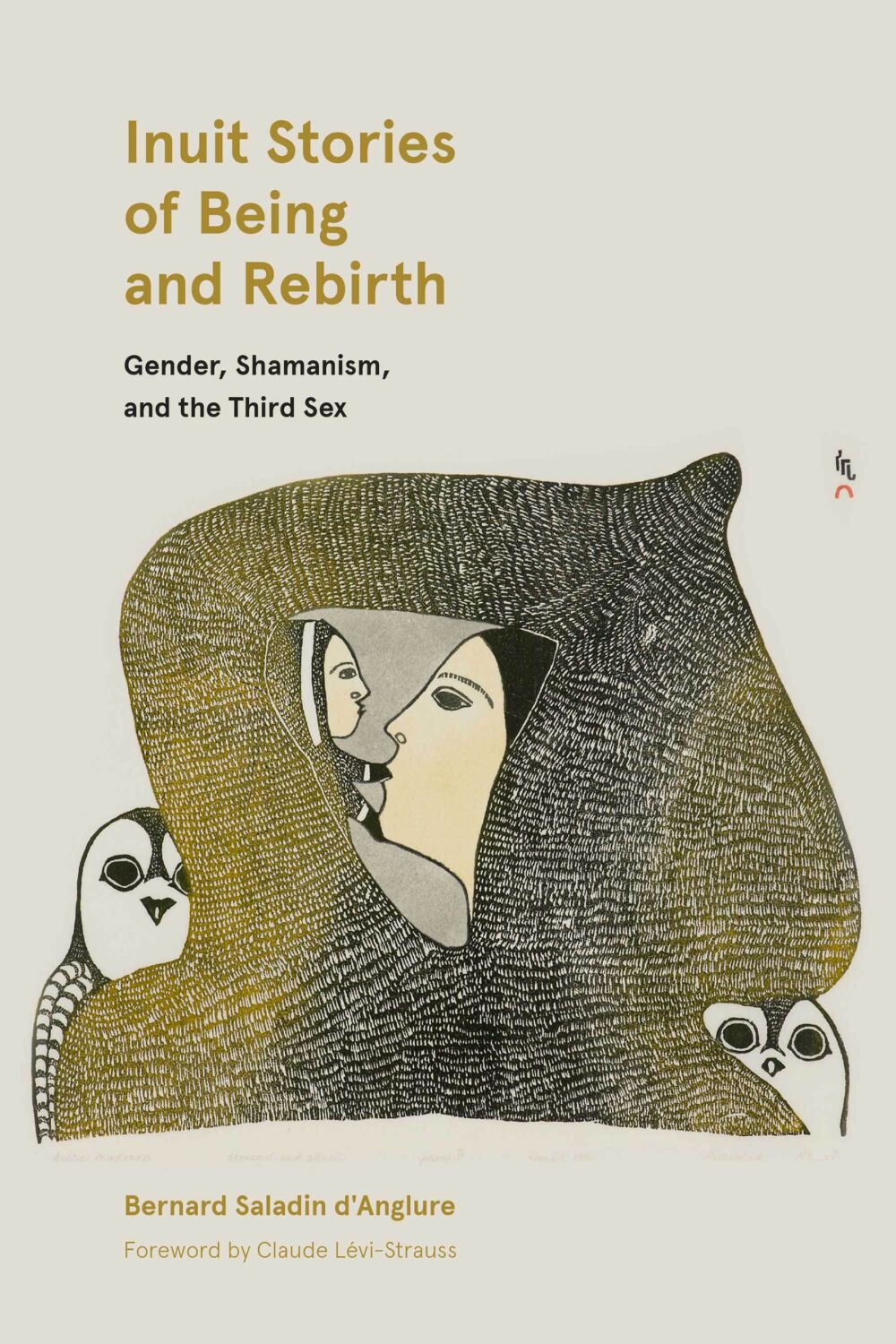We’re thrilled that In Good Relation, Nitinikiau Innusi, and Inuit Stories of Being and Rebirth were reviewed in the latest issue of Canadian Journal Of Native Studies out of Brandon University!
In Good Relation: History, Gender, and Kinship in Indigenous Feminisms edited by Sarah Nickel & Amanda Fehr

“In Good Relation: History, Gender, and Kinship in Indigenous Feminisms is held together by the felt relevance of its critical affinities and intersecting concerns. This ambitious anthology, co-edited by Sarah A. Nickel (Tk’emlupsemc/French Canadian/Ukrainian) and Amanda Fehr, sets out to diversify understandings of Indigenous feminisms, recentre 2SQ (Two-Spirit and queer) perspectives, and sustain cross-generational and Indigenous transnational conversations.”
– Mylène Gamache
For more information about the book, click here.
_______________________________________________________________________
Nitinikiau Innusi: I Keep the Land Alive written by Tshaukuesh Elizabeth Penashue & edited by Elizabeth Yeoman

“In blunt and sometimes deeply poetic language, Tshaukeush [Elizabeth Penashue] narrates the relationships that have enriched her life and fostered her life’s work. She speaks about her relationship with the land and the plants and animals that have provided sustenance for the Innu since time immemorial. […] Unsettling and difficult, life-affirming and joyful, this text and its fundamental message are urgently needed to challenge continuing colonization in Tshaukuesh’s community and all of our communities.”
– Vicki S. Hallett
For more information about the book, click here.
_______________________________________________________________________
Inuit Stories of Being and Rebirth: Gender, Shamanism, and the Third Sex by Bernard Saladin d’Anglure

“Saladin d’ Anglure […] shares a philosophical perspective that sex and gender play interchangeable roles as a means of Inuit survival. The stories describe Inuit perceptions of sex and gender in ways that are unlike Western binary concepts of sexual and gender identity. […] This book is a lens that can allow a glimpse into Inuit knowledge systems and offers a rare account of how Inuit established social structures and unity among the sexes prior to European contact. While some of the practices of naming have changed in a post-modern Inuit context, the stories and analysis by Saladin d’ Anglure imply that unity among the sexes is an important aspect of how Inuit have survived as a distinct Indigenous people within some of the harshest environmental living conditions on earth.”
– Wayne Voisey Clark
For more information about the book, click here.
Posted by U of M Press
February 26, 2021
Categorized as Reviews
Tagged aboriginal, community, contemporary studies on the north, environmental studies, gender studies, history, indigenous, indigenous studies, inuit, manitoba, memoir, women's studies
Three UMP Books at UM Native Studies Colloquium! Brittany Luby at 2021 Melville-Nelles-Hoffmann Lecture
